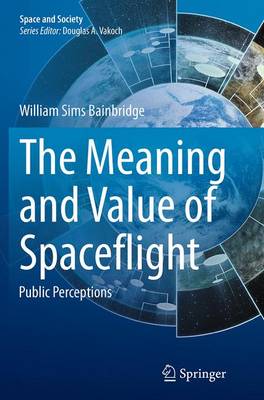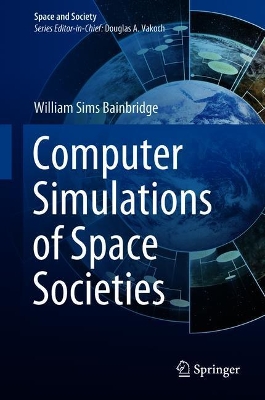Space and Society
2 total works
This book presents the most serious and comprehensive study, by far, of American public perceptions about the meaning of space exploration, analyzing vast troves of questionnaire data collected by many researchers and polling firms over a span of six decades and anchored in influential social science theories. It doesn't simply report the percentages who held various opinions, but employs sophisticated statistical techniques to answer profound questions and achieve fresh discoveries.
Both the Bush and the Obama administrations have cut back severely on fundamental research in space science and engineering. Understanding better what space exploration means for citizens can contribute to charting a feasible but progressive course. Since the end of the Space Race between the US and the USSR, social scientists have almost completely ignored space exploration as a topic for serious analysis and this book seeks to revive that kind of contribution.
The author communicates the insights in a lucid style, not only intelligible but interesting to readers from a variety of backgrounds.

